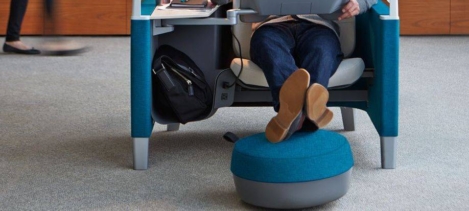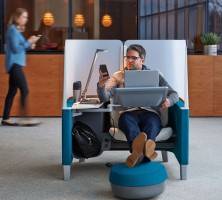July 6, 2015
People are outsourcing their own memories to the Internet, claims report
 We have outsourced our memory to the Internet and digital technology to such an extent that many of us are suffering from digital amnesia. That is the main finding of a new report from software developer Kaspersky Lab. The study of around 6,000 people claims that the seductive ease of access to a bottomless well of information is taking its toll on our natural ability to memorise and recall things for ourselves. Nearly all respondents (91 percent) across all age groups now agree that they “use the Internet as an online extension of their brain”. Around half of people now simply cannot be bothered to remember even basic facts and a quarter cheerfully even forget whatever facts they glean through search engines after they have made use of them. As with many things in the modern world, we are increasingly prone to treat even hard information as disposable.
We have outsourced our memory to the Internet and digital technology to such an extent that many of us are suffering from digital amnesia. That is the main finding of a new report from software developer Kaspersky Lab. The study of around 6,000 people claims that the seductive ease of access to a bottomless well of information is taking its toll on our natural ability to memorise and recall things for ourselves. Nearly all respondents (91 percent) across all age groups now agree that they “use the Internet as an online extension of their brain”. Around half of people now simply cannot be bothered to remember even basic facts and a quarter cheerfully even forget whatever facts they glean through search engines after they have made use of them. As with many things in the modern world, we are increasingly prone to treat even hard information as disposable.
































June 2, 2015
The bonds that link work with place are loosening day by day
by Paull Robathan • Comment, Flexible working, Technology, Work&Place
(more…)